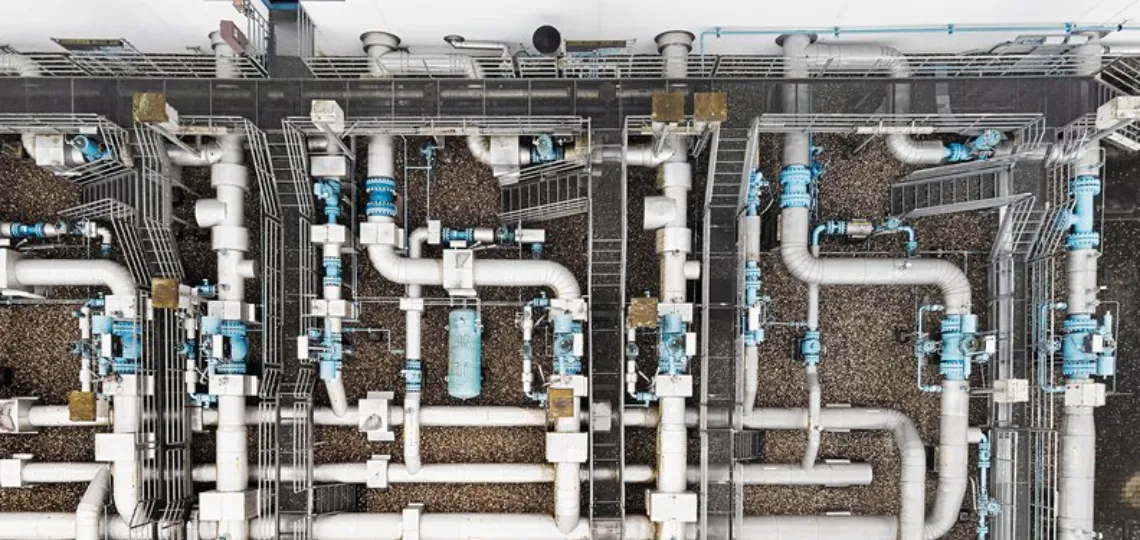EU Grants €3.5mn for Franco-German Hydrogen Transport Network Development
Key Ideas
- The European Commission has allocated €3.5mn to support preliminary studies for a Franco-German green hydrogen transport infrastructure project.
- The Rhine HYdrogen Network Interconnection (RHYn Interco) will connect the Grand Est region in France with Baden-Württemberg in Germany, enhancing hydrogen imports and facilitating direct access for consumers.
- The project is part of the Connecting Europe Facility for Energy programme and is considered a Project of Common Interest, aiming to boost energy security and market integration in Europe.
- The initiative is expected to expand to Offenburg and Kehl regions by 2035, meeting the increasing hydrogen demand in key industrial and logistical areas.
The European Commission has approved a grant of €3.5mn to finance preliminary studies for the development of a cross-border hydrogen transport network between the Grand Est region in France and Baden-Württemberg in Germany. The project, named Rhine HYdrogen Network Interconnection (RHYn Interco), is set to become the first hydrogen transport system in Baden-Württemberg, aiming to diversify hydrogen imports into Germany by connecting with production hubs in France. The initiative, part of the Connecting Europe Facility for Energy programme, focuses on facilitating energy infrastructure development across Europe. The project anticipates operational readiness by 2029, providing industrial consumers and mobility sectors with direct access to the hydrogen network. The funding awarded by the European Commission underscores the strategic importance of the project, which is categorized as a Project of Common Interest to enhance energy security and promote market integration in the region. The long-term plan includes integrating RHYn Interco into a national green hydrogen distribution network in Germany by 2032, spanning approximately 9,000 kilometers and linking production and consumption centers. The project is expected to expand its network access to additional regions by 2035, responding to the growing hydrogen demand in the industrial and logistical sectors. This endeavor signifies a significant step towards strengthening European energy infrastructure and supporting a competitive industrial economy.
Topics
Europe
Energy Security
Infrastructure Development
European Commission
Cross-border Collaboration
Industrial Economy
Latest News
